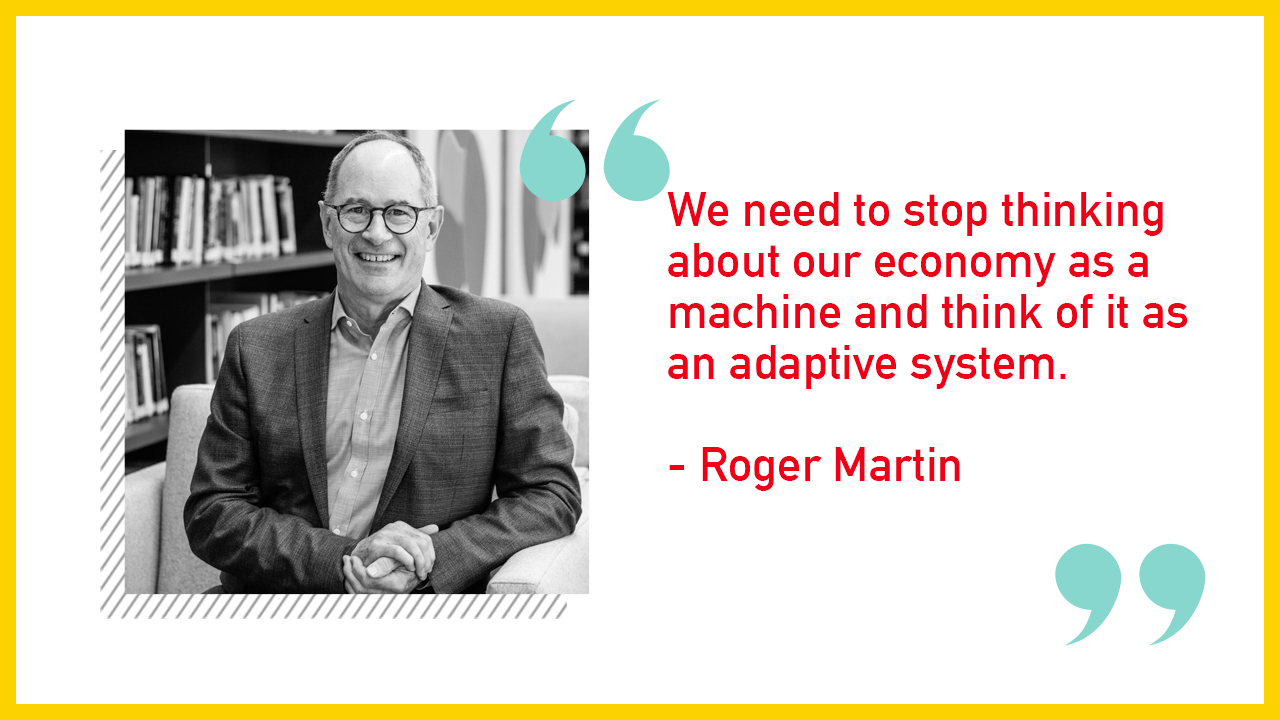I belong to a women’s organization known as the Relief Society.
I love this organization—except frequently, it does this thing that the introvert in me wishes it didn’t do. The group holds a meeting…that I need to go to.
That’s what happened last Sunday. At 3:00 pm, I wanted to be nestled in a chair reading a book or napping (like our cats), not participating in a Zoom call. But I had made a commitment to be there, so I zoomed.
I’m glad I did, because during the meeting one of the women (Rebecca) shared a story about ice cream bowls she’d inherited from her grandmother. Theirs was a close relationship; they spoke weekly.
When her grandmother passed, Rebecca had the dishes shipped to her. Sadly, all of them broke in transit…all but one.
What to do? Rebecca loved the dishes, as they tied her to cherished memories of her grandmother. However, rather than succumb to sadness, she decided to try what the Japanese called Kintsugi, the art of repairing broken pottery by mending the areas of breakage with a mix of lacquer, gold, and silver. The idea is, to honor the breakage and repair it as part of the history of the object, rather than something to disguise.
Sometimes, you show up at meetings you don’t want to show up for because you said you would, and, then you get exactly what you need––like a metaphor for 2020. Maybe it’s not about putting the bowl together again as if it were never broken. Those cracks and fissures are part of the bowl, they are part of us. The lessons learned in the breaks were hard earned and erasing them, would render the experience pointless.
What if, it’s in mending the broken that we find beauty?
This spoke to me on a deep level because our team has just finished a guide to help you and your teams (including the home team) to create a roadmap for 2021. It’s an aid to stepping back and evaluating 2020 as experiential gold, rather than a dumpster fire, and using the framework of personal disruption as a tool to mine for that gold. If you’d like a copy of Gaining Insight: A Proposed Agenda for Your Year-End 2020 Offsite, click here for a free download.
Desiring to see this year in the “rearview mirror” so to speak, is a perfectly acceptable response. But I suspect, this was a year in which many of us grew significantly. It was so difficult that we may have finally, under duress, made some delayed decisions and enlisted the help and support we needed to make change happen. 2020 may be the year where we discovered we were more adaptable, more resilient, more creative, than we ever thought possible.
Our podcast this week features Roger Martin, former dean of the Rotman School of Management in Toronto, Canada. He has a new book titled When More Is Not Better. He argues that the constant push for greater and greater efficiency has a downside, and that beyond a certain point, increased efficiency is a disadvantage rather than the plus we’re accustomed to believing it to be. Our capitalist economy is not a perfectible machine, but is, and needs to be, a complex adaptive system. When we push for ultimate, nearly perfect efficiency, we are also eliminating the flexibility we need—as organizations, individuals, and society—to adapt to disruptions.

In our drive for efficiency we try to eliminate friction and the sources of resistance that create it. But friction generates energy and motion; friction is critical to growth. So, as we review 2020, and prepare for 2021, find ways to embrace the opposition. We won’t be the first to find that in the rubble of our broken dream, lies a new dream awaiting an opportunity.
Don’t erase the cracks and fissures of this year. How about instead, we admire the tenacity and faith it took us to make it through the breaking?
Have you been living broken dreams in 2020? What have you learned? What and how are you mending? How is showing up, when we wish the challenges of the present could just be over, helping to make mending possible?
As always, thank you for being here.
My best,
Whitney

